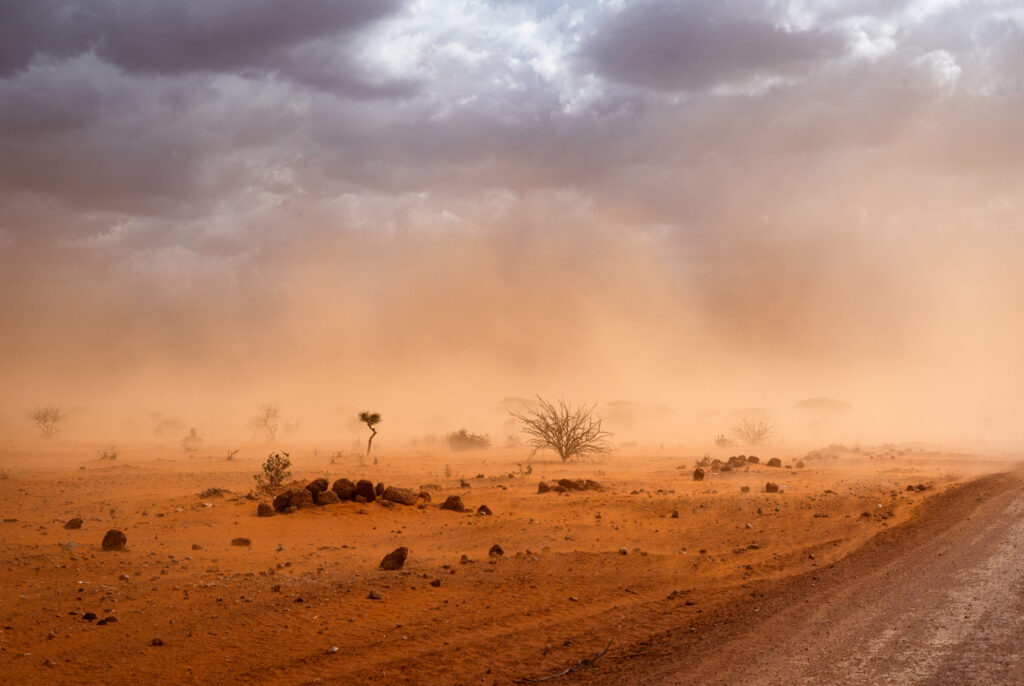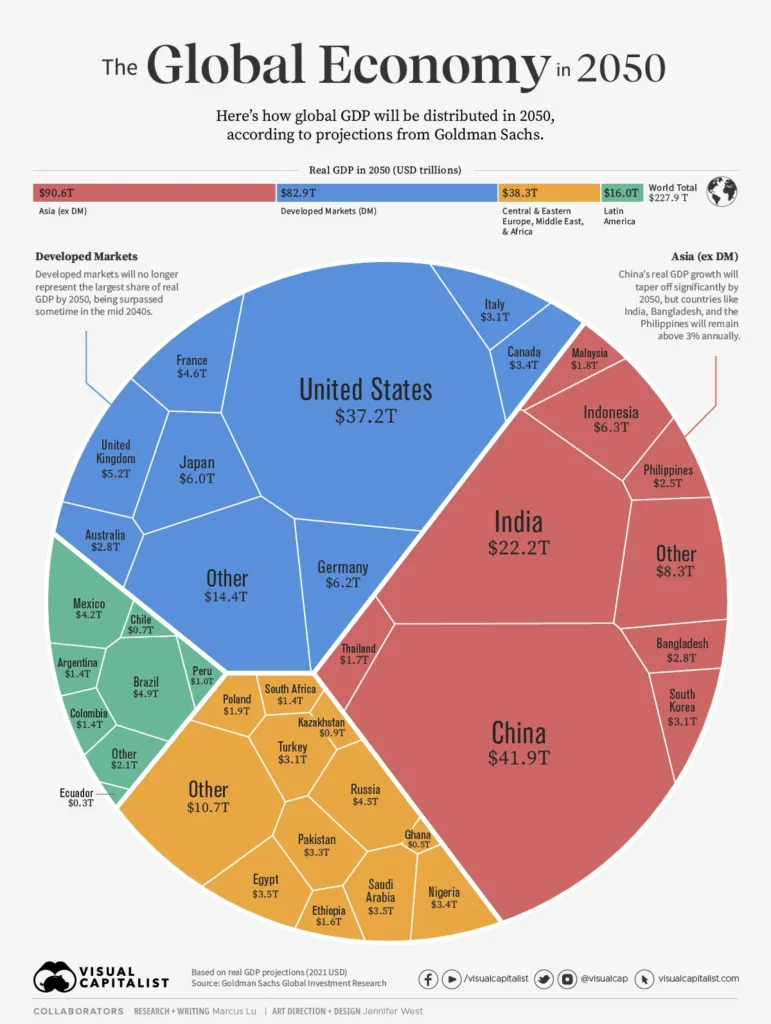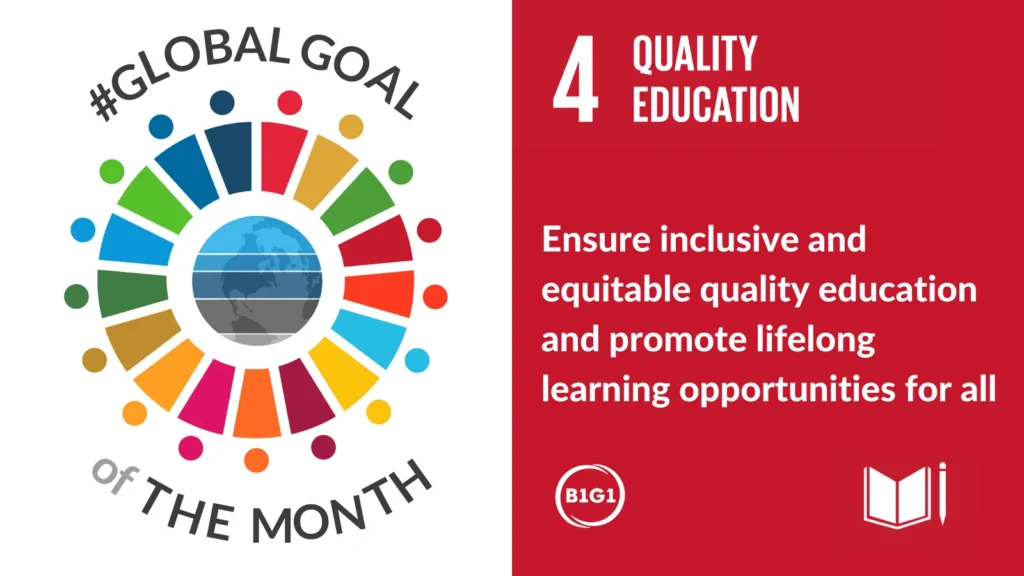Climate change is one of the most pressing challenges of our time, significantly affecting global economies across various sectors. As temperatures rise and weather patterns shift, the economic implications become increasingly evident. From agriculture to tourism, the ripple effects of climate change are reshaping industries and altering the way we approach economic growth. Understanding the intricate relationship between climate change and economic stability is crucial for policymakers, businesses, and individuals alike.
In this article, we will delve into the multifaceted impacts of climate change on global economies. You will learn how extreme weather events, such as hurricanes and droughts, disrupt supply chains and lead to financial losses. Additionally, we will explore the economic opportunities that arise from transitioning to renewable energy sources and sustainable practices. By examining case studies from around the world, we aim to highlight both the challenges and solutions that can pave the way for a more resilient economic future.
As we navigate through the complexities of climate change, it is essential to recognize the interconnectedness of our global economy. This article will provide insights into how businesses can adapt to changing environmental conditions and the role of innovation in fostering economic resilience. Join us as we uncover the critical intersections between climate change and economic health, and discover how collective action can lead to a sustainable and prosperous future for all.
Climate change is one of the most pressing issues of our time, affecting various aspects of life, including global economies. As temperatures rise and weather patterns shift, the economic implications are profound and far-reaching. This article explores several key subtopics related to the impact of climate change on global economies.
Economic Costs of Climate Change
The economic costs associated with climate change are staggering. Natural disasters, such as hurricanes, floods, and wildfires, have become more frequent and severe due to climate change. These events lead to significant damage to infrastructure, homes, and businesses, resulting in billions of dollars in recovery costs. Additionally, the agricultural sector faces challenges from changing weather patterns, which can lead to crop failures and increased food prices.
According to a report by the National Oceanic and Atmospheric Administration (NOAA), the United States alone experienced over $1 billion in damages from weather-related disasters in recent years. This trend is expected to continue, with global economic losses potentially reaching trillions of dollars if immediate action is not taken to mitigate climate change.
Impact on Agriculture and Food Security
Agriculture is highly sensitive to climate change, with rising temperatures and altered precipitation patterns affecting crop yields. Regions that rely heavily on agriculture for their economies may face severe challenges, including food shortages and increased prices. For instance, droughts can lead to reduced water availability for irrigation, while excessive rainfall can cause flooding and soil erosion.
Food security is a critical concern, especially in developing countries where populations are already vulnerable. The Food and Agriculture Organization (FAO) warns that climate change could push millions more people into hunger, exacerbating existing inequalities and leading to social unrest. Sustainable agricultural practices and investment in climate-resilient crops are essential to address these challenges.
Effects on Employment and Labor Markets
Climate change can disrupt labor markets and employment opportunities. Industries such as agriculture, fishing, and tourism are particularly vulnerable to climate-related impacts. For example, rising sea levels threaten coastal tourism, while changing fish populations affect the fishing industry. As these sectors face challenges, workers may find themselves unemployed or forced to transition to new jobs.
Moreover, extreme weather events can lead to temporary job losses and economic instability. A study by the International Labour Organization (ILO) estimates that climate change could result in the loss of millions of jobs worldwide by 2030. Therefore, it is crucial for governments and businesses to invest in workforce development and retraining programs to prepare for the changing job landscape.
Climate Change and Global Trade
Global trade is intricately linked to climate change, as disruptions in production and supply chains can have cascading effects on economies worldwide. For instance, natural disasters can halt production in one region, leading to shortages and increased prices in others. Additionally, climate change can affect the availability of raw materials, impacting industries reliant on specific resources.
Trade policies must adapt to address these challenges, promoting sustainable practices and reducing carbon footprints. Countries that invest in green technologies and sustainable practices may gain a competitive advantage in the global market, while those that fail to adapt may face economic decline.
The Role of Renewable Energy
The transition to renewable energy sources is crucial in combating climate change and its economic impacts. Investing in solar, wind, and other renewable technologies can create jobs, stimulate economic growth, and reduce dependence on fossil fuels. Countries that lead in renewable energy innovation can position themselves as global leaders in the emerging green economy.
Furthermore, the shift towards renewable energy can mitigate the economic risks associated with climate change. By reducing greenhouse gas emissions, nations can decrease the likelihood of severe weather events and their associated costs. Policymakers must prioritize investments in renewable energy infrastructure to harness these benefits.
Climate Change Adaptation Strategies
Adaptation strategies are essential for mitigating the economic impacts of climate change. Governments and businesses must develop plans to enhance resilience against climate-related risks. This includes investing in infrastructure improvements, such as flood defenses and drought-resistant crops, to protect vulnerable communities and industries.
Moreover, public-private partnerships can play a significant role in funding adaptation initiatives. By collaborating on projects that enhance resilience, stakeholders can share the financial burden and ensure that communities are better prepared for the challenges posed by climate change.
The Financial Sector’s Response
The financial sector is increasingly recognizing the risks associated with climate change. Investors are demanding greater transparency regarding companies’ environmental practices, and financial institutions are beginning to incorporate climate risk into their decision-making processes. This shift is leading to the development of green finance initiatives, which aim to support sustainable projects and investments.
Moreover, insurance companies are adjusting their policies to account for climate-related risks, which can impact premiums and coverage options. As the financial sector adapts to these changes, it can play a crucial role in driving the transition to a more sustainable economy.
International Cooperation and Policy Frameworks
Addressing climate change and its economic impacts requires international cooperation and robust policy frameworks. Global agreements, such as the Paris Agreement, aim to unite countries in their efforts to reduce greenhouse gas emissions and promote sustainable development. Collaborative efforts can lead to shared resources, knowledge, and technology, enhancing the capacity of nations to combat climate change.
Furthermore, countries must align their national policies with global climate goals to ensure a cohesive approach. By working together, nations can create a more resilient global economy that is better equipped to handle the challenges posed by climate change.
| Aspect | Description |
|---|---|
| Definition | Climate change refers to significant changes in global temperatures and weather patterns over time, primarily driven by human activities such as burning fossil fuels, deforestation, and industrial processes. |
| Economic Impact | Climate change affects economies through damage to property and infrastructure, increased insurance costs, and reduced productivity in sectors like agriculture and fisheries. |
| Sectoral Effects | Key sectors impacted include agriculture (crop yields), tourism (natural attractions), and energy (demand for cooling and heating). |
| Global Disparities | Developing countries are often more vulnerable to climate change due to limited resources, leading to greater economic instability compared to developed nations. |
| Adaptation Costs | Investments in adaptation strategies (infrastructure improvements, sustainable practices) are necessary but can strain national budgets, especially in poorer countries. |
| Mitigation Strategies | Transitioning to renewable energy, enhancing energy efficiency, and implementing carbon pricing are essential for reducing greenhouse gas emissions and mitigating economic impacts. |
| Long-term Outlook | If unaddressed, climate change could lead to severe economic consequences, including increased poverty, food insecurity, and displacement of populations, necessitating urgent global action. |




